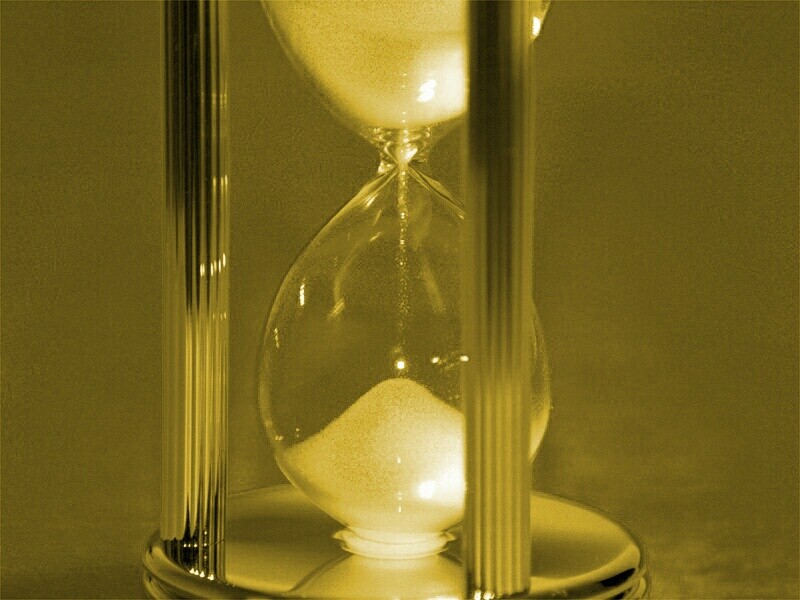

March 2005
 |
 |
| Volume 1, Issue 2 March 2005 |
| Pause! Menopause |
|
In this publication:
Useful
Resources |
 |
March is Women’s
Health Month. One natural transition which can effect the feelings
of well being of all women is menopause, also referred to as “change
of life” or the “climacteric.” As our population ages, information
about menopause is becoming relevant to more women and their
families. I hope you find the following information to be helpful.
|
|
 |
Why Menopause? |
||
|
Newsletter
Contributors
Interim
Campus President |
What is It?
|
|
Useful Resources: |
Signs and Symptoms


Hormone replacement therapy (HRT) is not the only option to control the symptoms of menopause. Modifying your lifestyle can help. The following practices can ease symptoms:
Hormone
Replacement Therapy? |
|
|
|
||
|
|
||
|
|
||
|
|
|
Menopause by MEDLINEPlus: a multimedia tutorial on menopause
that includes discussion of signs & symptoms and coping mechanisms. Also
available in Spanish:
Menopausia.
Menopause Guidebook: Helping Women Make Informed Decisions Through
Perimenopause and Beyond by The North American Menopause
Society. Menopause: What to Expect When Your Body is Changing by The American Academy of Family Physicians. |